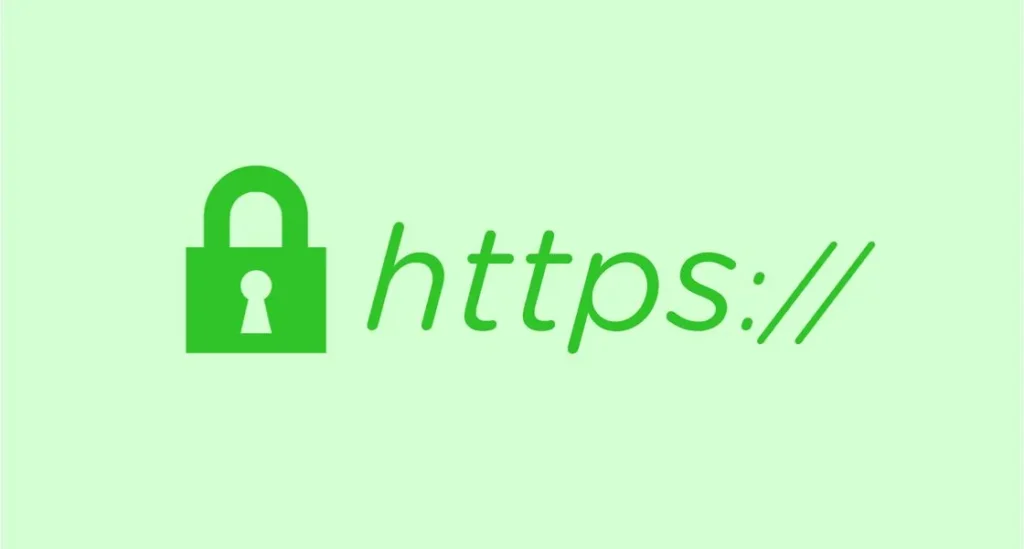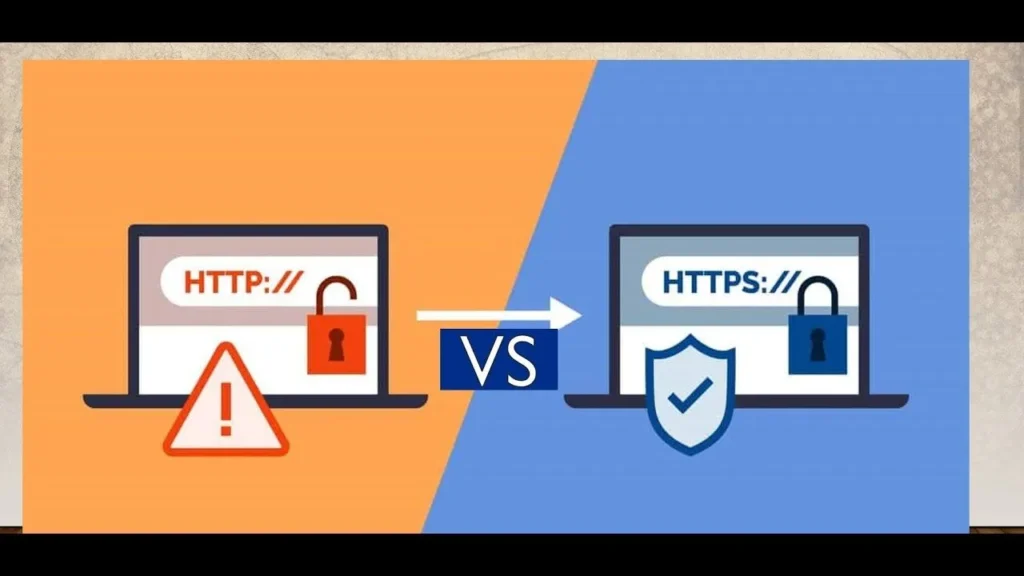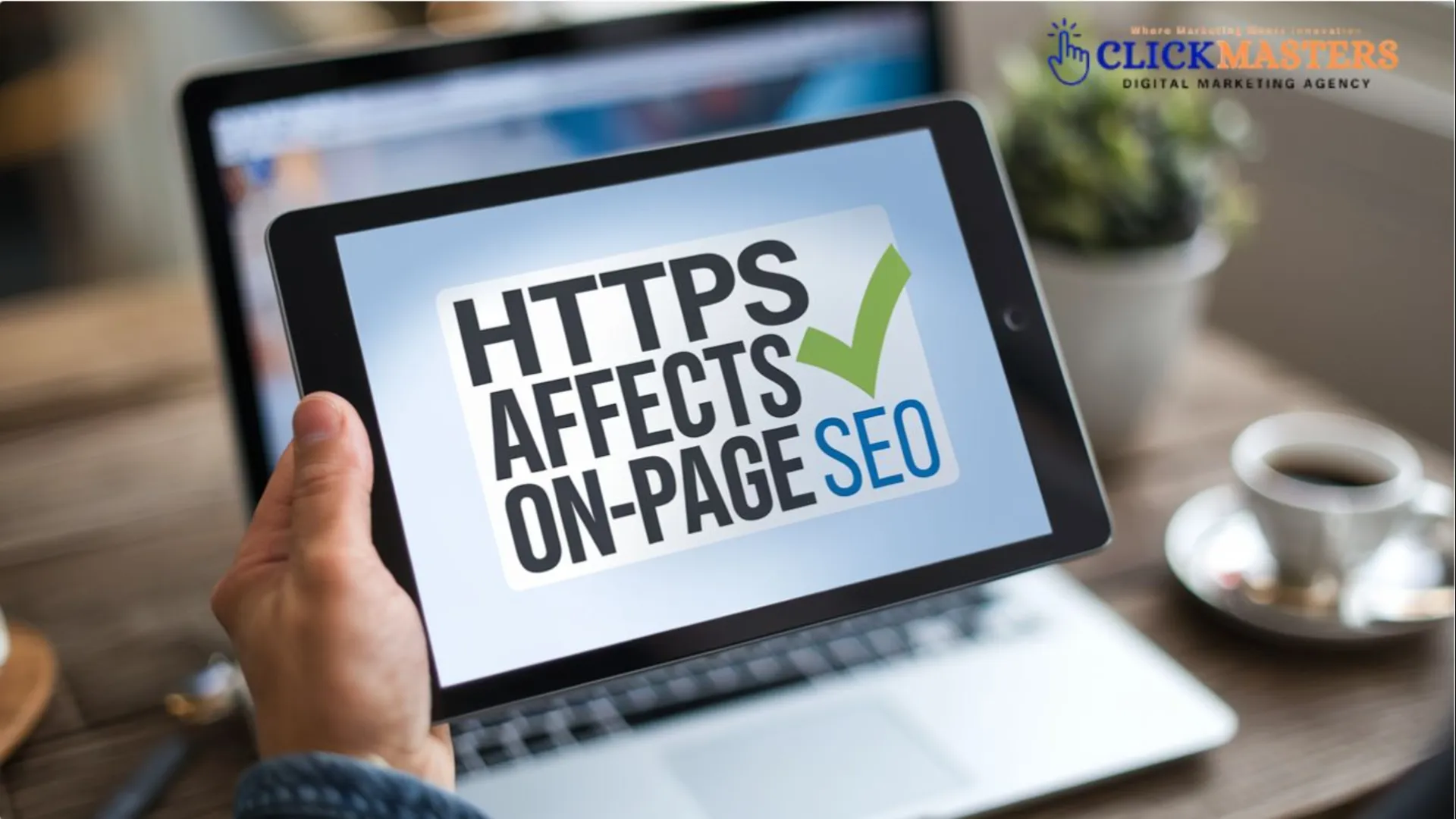In the ever-evolving digital landscape, website security has become a priority for businesses, website owners, and search engines alike. One of the most significant developments in web security is the shift from HTTP (HyperText Transfer Protocol) to HTTPS (HyperText Transfer Protocol Secure). While HTTPS was initially used only for e-commerce websites, it has now become essential for all types of websites, primarily due to its SEO benefits. The HTTPS impact on-page SEO is substantial, as search engines prioritize secure websites, leading to better rankings and improved user trust.
Search engines, particularly Google, prioritize secure websites. Since 2014, Google has officially recognized HTTPS as a ranking factor, making it crucial for on-page SEO. In this blog, we will explore how HTTPS impact on-page SEO and why switching to HTTPS is essential for better search rankings, improved user trust, and overall website performance. The HTTPS impact on-page SEO cannot be ignored, as search engines and users both prefer secure browsing experiences.
What is HTTPS?
HTTPS impact on-page SEO begins with understanding what HTTPS is. HTTPS (HyperText Transfer Protocol Secure) is an improved version of HTTP that uses SSL/TLS encryption to protect the data transmitted between a website and its users. This encryption ensures that hackers or third parties cannot intercept or manipulate the information being exchanged. HTTPS is particularly crucial for safeguarding sensitive data such as login credentials, banking details, and personal information. The HTTPS impact on-page SEO means that websites using HTTPS are more likely to gain user trust and perform better in search engine rankings.

Difference Between HTTP and HTTPS
HTTP and HTTPS are two different protocols that define how data is transmitted between a browser and a website. The primary difference between them lies in security:
- HTTP: Data is transmitted in plain text, making it vulnerable to cyber-attacks, hacking, and data breaches, which negatively affects SEO.
- HTTPS: Uses SSL/TLS encryption to secure the data, ensuring privacy, authenticity, and integrity, significantly improving HTTPS impact on-page SEO.
HTTPS impact on-page SEO is crucial as Google and other search engines prioritize secure websites. It not only improves SEO rankings but also enhances user trust and website credibility.

HTTPS and Google Ranking
1. Google’s Decision to Make HTTPS a Ranking Factor
In 2014, Google declared HTTPS as a ranking signal. This means websites using HTTPS are more likely to rank higher in search results. According to Google, website security is not just a ranking factor but also a key element in improving user experience. HTTPS impact on-page SEO plays a vital role in determining whether a site appears in top search results.
2. SEO Rankings and HTTPS
Several SEO case studies have demonstrated that HTTPS websites achieve better SEO rankings. HTTPS impact on-page SEO helps in boosting rankings and also:
- Improves click-through rate (CTR)
- Reduces bounce rate
- Increases session duration
When users see a secure website, they are more likely to stay longer, which sends positive signals to search engines and strengthens the HTTPS impact on-page SEO.

HTTPS and On-Page SEO Elements
1. URL Structure
- When a website migrates from HTTP to HTTPS, its URL structure changes. Proper implementation of 301 redirects is necessary to prevent duplicate content issues and ranking loss. HTTPS impact on-page SEO ensures that these redirects are executed properly to maintain rankings.
2. Page Load Speed
- There was a time when HTTPS slowed down websites, but with the introduction of the HTTP/2 protocol and TLS optimizations, it now helps improve site speed. HTTPS impact on-page SEO ensures faster loading times, which is a critical ranking factor.
3. User Trust and Engagement
- A secure padlock icon assures users that a website is safe, increasing their trust. On the other hand, HTTP websites display a “Not Secure” warning, leading to higher bounce rates. HTTPS impact on-page SEO reduces bounce rates and improves engagement by making visitors feel safer.

How Our Agency Boosts Your Website Traffic
- SEO That Brings Long-Term Success
- Transform Your Traffic into Loyal Customers
- SEO Strategies for Sustainable Growth
Challenges and Solutions in HTTPS Migration
1. Choosing the Right SSL Certificate
Websites must select the appropriate SSL certificate based on their needs to maximize HTTPS impact on-page SEO:
- Domain Validation (DV) SSL: Suitable for basic domain security.
- Organization Validation (OV) SSL: Includes company verification.
- Extended Validation (EV) SSL: Offers the highest level of security and displays a green address bar.

Redirects and Technical Issues
- Proper implementation of 301 redirects is crucial for ensuring HTTPS impact on-page SEO.
- Mixed content issues must be resolved to ensure no insecure elements exist on the page.
Google Search Console and Analytics must be updated to reflect the new HTTPS version and maximize HTTPS impact on-page SEO.

Common Mistakes to Avoid in HTTPS Migration
- Not Implementing 301 Redirects Properly: Failing to redirect all HTTP URLs to HTTPS can lead to broken links and ranking loss.
- Forgetting to Update Internal Links: Ensure all internal links point to HTTPS versions to maintain a consistent secure environment.
- Ignoring Mixed Content Warnings: Loading insecure HTTP resources on an HTTPS page can lead to browser warnings and a poor user experience.
- Not Verifying HTTPS in Google Search Console: Always add the new HTTPS version in Google Search Console to monitor search performance.
Delaying SSL Certificate Renewal: Expired SSL certificates cause security warnings that drive users away and negatively impact SEO.

How Our Agency Boosts Your Website Traffic
- SEO That Brings Long-Term Success
- Transform Your Traffic into Loyal Customers
- SEO Strategies for Sustainable Growth
Conclusion
In today’s digital age, HTTPS impact on-page SEO is undeniable. Search engines and users prefer secure websites. If you want your website to:
- Achieve better rankings
- Build user trust and credibility
- Stay secure and protect against cyber threats
Then implementing HTTPS is the best decision. HTTPS impact on-page SEO is not just a ranking factor but a vital component of online success and security. Websites that fail to adopt HTTPS risk lower rankings, loss of traffic, and diminished user trust. By embracing HTTPS impact on-page SEO, businesses can enhance their visibility, security, and overall website performance.
FAQs
Why is HTTPS important for SEO?
HTTPS is crucial for SEO because it enhances security by encrypting data, protecting user information, and building trust with visitors. Google considers HTTPS a ranking factor, giving secure websites an SEO advantage over non-secure ones. Additionally, HTTPS improves user experience by preventing browser security warnings, reducing bounce rates, and boosting site credibility.
Does HTTPS impact page load speed?
Yes, HTTPS can impact page load speed, but modern optimizations like HTTP/2 and TLS 1.3 make it faster than HTTP in most cases. HTTPS enables better performance features like multiplexing and compression, reducing load times. Properly configured HTTPS improves both security and speed, enhancing SEO and user experience.
How can I check if my website has mixed content issues?
You can check for mixed content issues by using browser developer tools (Console tab) to spot insecure HTTP resources on an HTTPS page. Online tools like Why No Padlock? or SSL Checker can also detect mixed content errors. Additionally, running a site scan with tools like Google Search Console or Screaming Frog SEO Spider helps identify and fix such issues.
Will HTTPS affect my website’s rankings immediately?
Switching to HTTPS may not immediately boost rankings, but it helps in the long run by improving security, trust, and user experience. Google considers HTTPS a ranking factor, so over time, it can positively impact SEO. However, improper migration (e.g., missing redirects) can temporarily affect rankings until issues are resolved.
Do I need to update my Google Search Console after migrating to HTTPS?
Yes, after migrating to HTTPS, you must update the Google Search Console by adding the HTTPS version of your site as a new property. Resubmit your sitemap, update internal links, and monitor for indexing or crawl errors. This ensures Google properly recognizes and ranks your secure pages.









